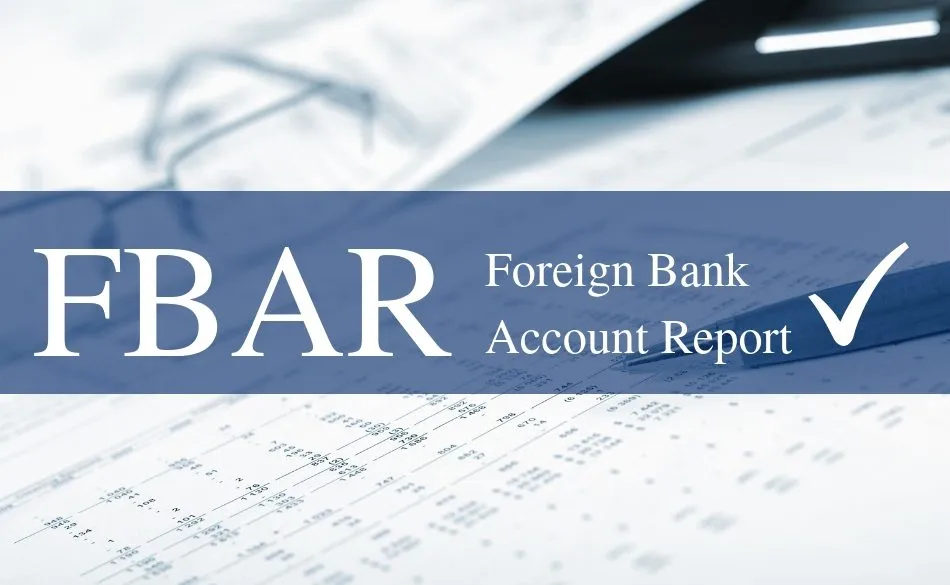 WhatsApp
WhatsApp
 Call Us
Call Us
 Email Us
Email Us
 Whatsapp Community
Whatsapp Community

Are you an NRI planning to return to India? The journey is filled with emotional highs and practical challenges. For many Non-Resident Indians (NRIs), understanding the financial and tax implications can be daunting, leading to common misconceptions. This comprehensive guide answers frequently asked questions, ensuring your return is seamless and compliant with Indian tax laws.
A popular query among NRIs: is the interest on Non-Resident External (NRE) Fixed Deposits exempt from tax after relocating to India? The answer lies in your residency status. Under the Foreign Exchange Management Act (FEMA), interest earned on NRE accounts remains tax-free only while you are an NRI. Once you regain resident status, the interest becomes fully taxable.
What should you do?
Another frequent concern revolves around Non-Resident External (NRE) and Non-Resident Ordinary (NRO) accounts. FEMA mandates that upon returning to India, you must convert these accounts to resident accounts. Operating them without conversion can lead to compliance issues.
How to manage this transition?
The simple answer is no. Transferring funds to India isn’t taxable. However, any income generated from these funds, such as interest or dividends, is subject to Indian taxation.
Steps to ensure compliance:
NRIs often wonder if they can use their parents’ accounts for investments. This is not advisable. Large transactions in their accounts could trigger scrutiny from tax authorities, potentially causing complications.
What’s the alternative?
India offers numerous investment options, but they aren’t always tax-friendly for NRIs. For instance, countries like the USA consider Indian mutual funds as Passive Foreign Investment Companies (PFICs), resulting in complex reporting and higher tax liabilities.
How to navigate this?
Yes, maintaining a record of foreign income and assets is crucial when transitioning back to India. The Indian tax authorities may scrutinize significant fund transfers or income generated overseas.
How to prepare?
The Double Taxation Avoidance Agreement (DTAA) provides relief to NRIs but isn’t automatic. To claim its benefits, you must seek Double Tax Avoidance Agreement consultancy and submit documentation like a Tax Residency Certificate (TRC) and Form 10F.
Maximizing DTAA benefits:
Navigating the complexities of tax laws, FEMA regulations, and financial planning can be overwhelming. Professional guidance ensures you remain compliant while optimizing your finances.
At Dinesh Aarjav & Associates, we specialize in NRI consultancy services, helping you transition smoothly. Whether it’s converting bank accounts, filing taxes, or restructuring investments, our team has the expertise to address your unique needs.
Returning to India is a significant milestone for any NRI returning to India. By addressing common concerns and seeking timely advice, you can make the process hassle-free. Proper planning and expert support are essential to avoid pitfalls and ensure compliance.
For tailored assistance and expert guidance, contact Dinesh Aarjav & Associates today. Let us make your return to India a financially sound and stress-free experience.







Stay in the loop, subscribe to our newsletter and unlock a world of exclusive updates, insights, and offers delivered straight to your inbox.